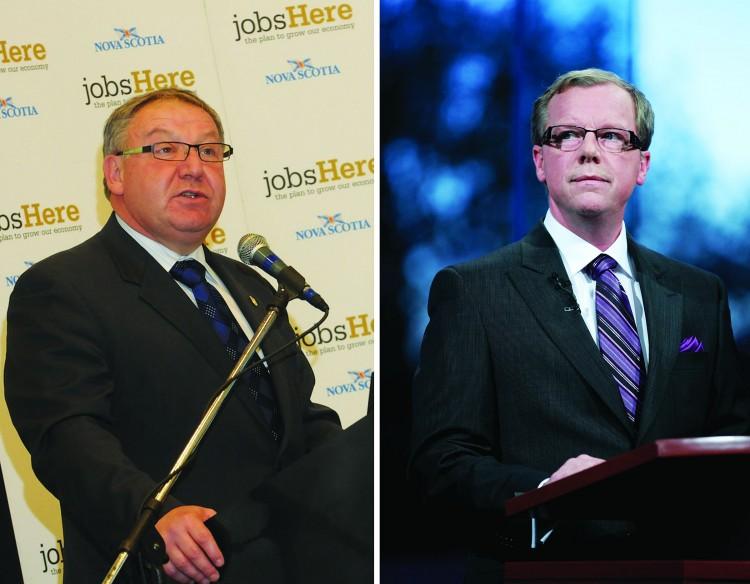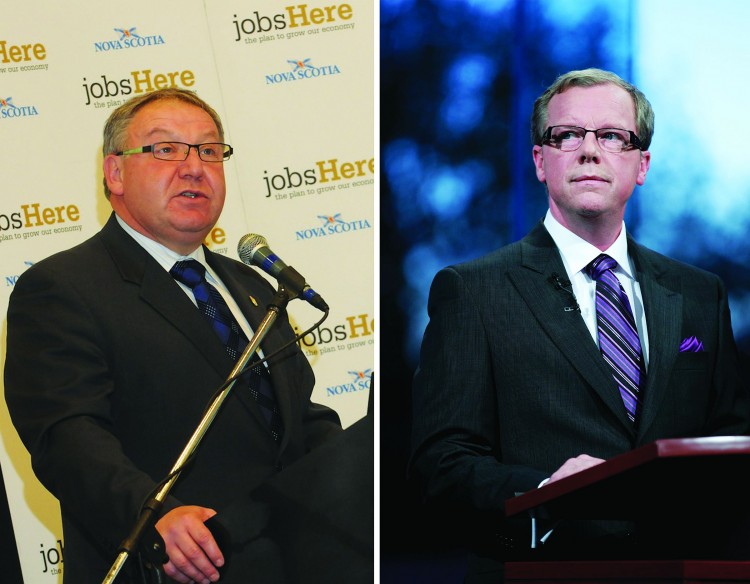With one exception, premiers in western Canada enjoy a significantly higher approval rating among their constituents than their eastern counterparts, according to a recent Angus Reid opinion poll.
Of all provinces, three of the four best rated premiers were located in western Canada. Saskatchewan Premier Brad Wall had the highest approval rating in the country at 67 percent, followed by Alberta Premier Alison Redford at 60 percent, and Manitoba’s Greg Selinger at 46 percent.
The only anomaly was B.C., where Premier Christy Clark has the second lowest approval rating in the country at 30 percent, just ahead of Nova Scotia Premier Darrell Dexter’s national low of 27 percent.
With 32 percent, Quebec Premier Jean Charest narrowly edged out Ontario’s Dalton McGuinty at 31 percent.
The poll results suggest approval ratings can be tied in part to economic performance, says Mario Canseco, vice president of Angus Reid.
“When you look at the way things are compiled it definitely has to do with a sense of economic buoyancy in most of these provinces where they’re doing very well. But it’s also about how they have been able to connect very well with their base.”
Alison Redford was a big winner after the recent Alberta election, according to the poll, jumping 11 percent since March and garnering a positive assessment from three in five respondents.






